If you babysit or have younger siblings, maybe you’ve had a child burst into your presence and start talking a mile a minute. Having no context, you probably stopped said kiddo after a minute or two and asked, “What ARE you talking about?”
Readers need context.
It would be a mistake to just dive in and start talking. You have at most 5 pages to hook your readers’ interest. If they aren’t invested in your story by then, chances are they will not continue reading.
So how do you hook their interest? One way is to show, right up front, what’s at stake for that intriguing character you’ve created. We’ve covered this before. Your character needs:
A Goal – What does he want?
Motivation – Why does he want it?
Conflicts – What odds must he overcome to get it?
But there’s something else–something more subtle–and you’ll be relieved to know that you don’t have to spell it out in the first 5 pages, though you might drop a hint. This ingredient is so important, though, that it’s the very first seed of an idea for me–before the characters, before the plot, before I have a single word on the page. This ever-so-important element is . . . (drumroll, please) . . .
Theme
Theme is what your story is about.
Theme is your reason for telling the story–the message you hope your readers will take away and remember.
Theme is what makes the difference between a nice, amusing little sumpin’ and a really great book that makes you want to read it again and again. (Remind me, sometime, to tell you more about the difference between amusement and recreation. It’s amazing, but I digress . . .)
Whatever else happens in your story, it’s all building to this one important idea that you’re trying to communicate.
I didn’t grasp that when I first started to write, and as a result my stories were a series of exciting–but pointless–scenes. Now, I begin my stories by deciding what it is I’m trying to say. I write that out in big letters and post it above my computer screen. Every chapter, every scene I write relates to the theme in some way and moves my character (and my reader) towards a point where they discover the hidden truth for themselves.
Exercise:
Let’s practice identifying themes by unveiling them in works we’re familiar with.
1) The books of the Bible were written separately, so each has a different theme. What would you say is the theme of Genesis? Of the Gospel of John? Sometimes the theme is actually written out, other times it is implied.
2) In The Wizard of Oz, can you identify Dorothy’s goal, motivation, and conflict? What is the theme? (Hint: Glenda asks her what she’s discovered, and Dorothy states the theme plainly.) How does the theme relate to the G-M-C?
3) If you’ve read Jane Austen’s Pride and Prejudice (and you really should–even the guys), what was the theme? How does it relate to the title of the book?
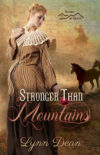
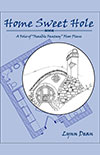
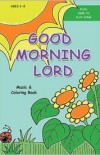
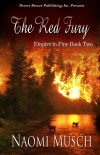
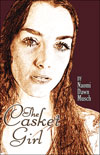
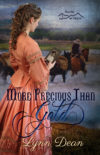
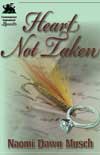
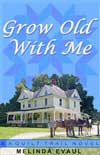
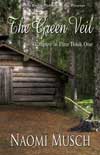

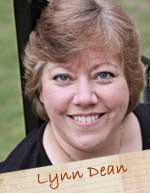


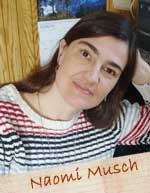


Speak Your Mind
You must be logged in to post a comment.